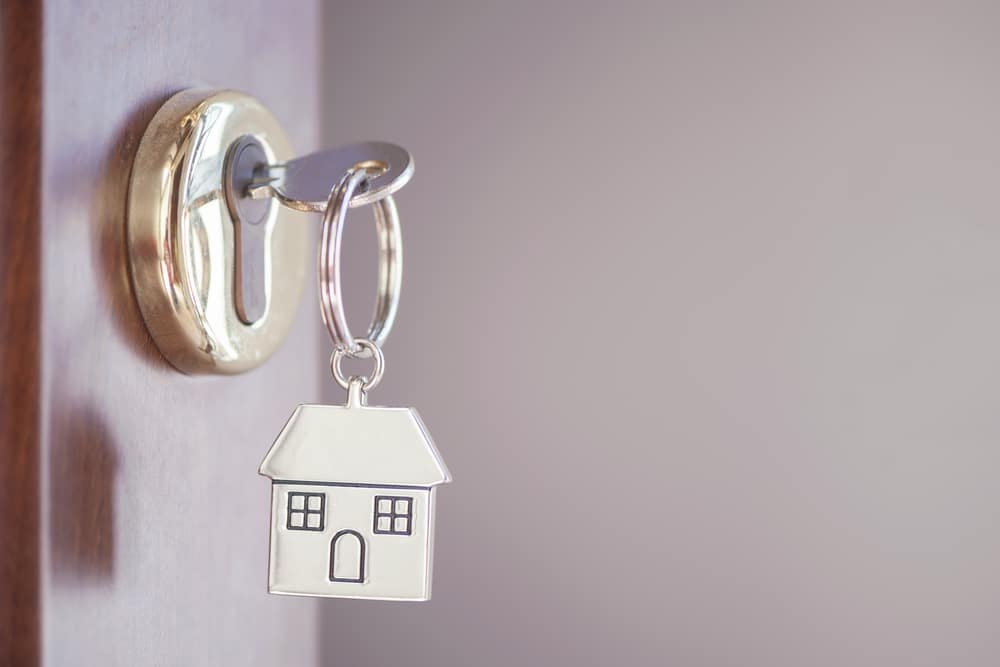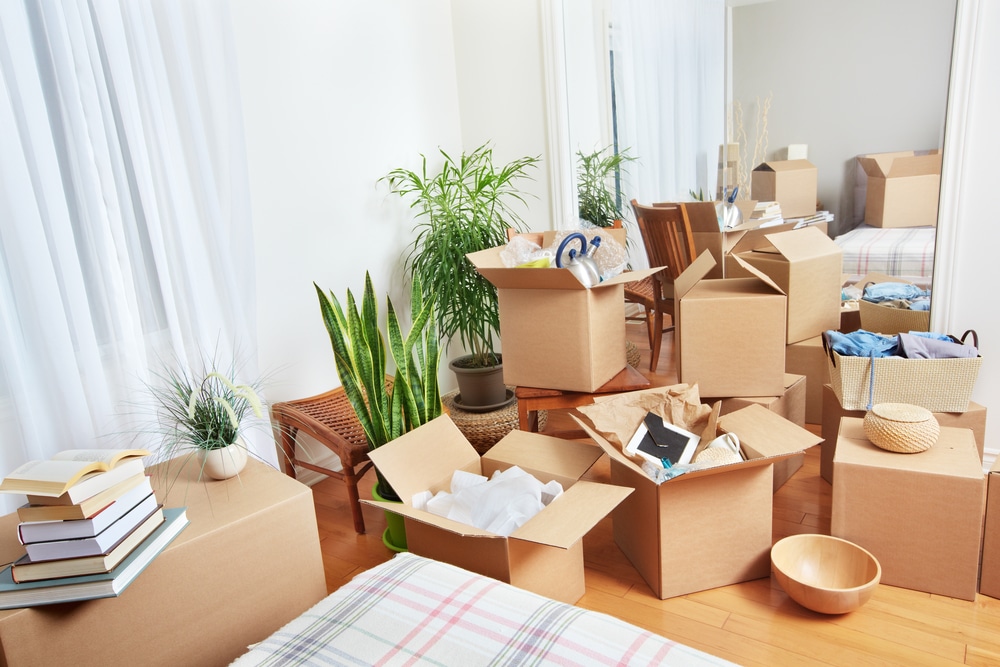Moving into a new house is an exciting time, but not an easy affair. There is a lot of stress involved and plenty of things to manage.
This post will help you get started on the right foot and prepare for the first day at your new home.

14 Tips For Moving Into Your New House or Apartment the Right Way
Undoubtedly, moving to a new house takes a great deal of effort. A lot of thought has to go into the whole process. Moving is a lot like baking a cake. You have to put a lot of thought into what you need, where you need it to go, and how to get it there. Here are a few tips that can help make your move easier.
- Packing Supplies
While moving to your new house, It’s vital to be prepared with the necessary packing supplies.
The most essential items you’ll need are big boxes and a marker. You can then put all your household items, including bathroom items, garage items, kitchen items, and other valuable items, into the big boxes and label them accordingly.
For instance, you could label them with “Bathroom items” or “Garage items.” This will help ensure that everything is packed correctly and make sure that unpacking would be easier and more convenient. And all the while, you’ll be able to keep track of all the boxes, and nothing will get lost in the move.
- Keeping the Essentials at Hand
When you’re in the process of moving, it’s crucial to have a designated spot for all of your essential supplies. This could be a box, a pouch, or even just a section of your bag that you can easily access.
Phone chargers, keys, and snacks are all items that you’ll want to have on hand. Keeping them together will save you the hassle of rummaging through everything when you need something urgently.
- Handling Fragile/ Valuable Items
You need to know how to handle fragile or valuable items when moving. For starters, always pack the fragile items with bubble wrap, foam padding, or newspaper.
Next, you will have to wrap them in a blanket and have other people help you with moving them carefully to the car.
You should place them in the car and not in any truck or heavy vehicle used for moving.
- Storing Food
When moving from your old house, you might still have food leftover in your refrigerator. Now you can go ahead and eat it, or you can find a way to take it to your new home. We recommend the former, though.
You can store this food in food storage containers and air-tight jars. Frozen food should be kept in coolers filled with ice.
It would even be advantageous to have food with you when you enter your new house so you can focus more on the shifting and unpacking and pay less mind to cooking.
- Buying the Right Products
You must be extra careful when buying furniture, especially when moving into a new house.
When you are furnishing a new home or apartment, it is vital to choose furniture that will complement the color scheme of the room.
You should also buy furniture with a theme for the room. Other considerations include your budget. If you can afford it, then, by all means, go ahead and buy that piece you have been eyeing. Conversely, you can simply reuse your previous items.
If this is your first house, you need to prepare many things, from bathroom supplies, curtains, and cleaning supplies to pieces of furniture and everything, because you need to start totally from scratch.
However, don’t stress out too much. Enjoy the process of finding your place and turning it into a home.
- Complimenting Furniture Placement
An important thing to remember is to place your furniture in a way that suits the style of your new house, so it blends with and compliments its surroundings.
The furniture placement should not clash and look out of place with your house but appear in sync.
Furniture arranged unsystematically can completely ruin the look of your house, so it’s essential to be considerate of all the little details.
- Try to Move During the Daytime
Most people try to move in late at night, but that’s not always the best idea. If possible, avoid moving in after dark because it’ll be more challenging for you and your family members to find things and settle.
If you have children, ensure they’re asleep before packing up their rooms for a seamless moving experience.
- Get Keys to Your New Place Ahead of Time
Get keys to our new place ahead of time. You don’t want to be stuck at the apartment waiting for the landlord to arrive with your keys.
Make sure you have all the necessary paperwork and forms before you move in so that when you meet with the landlord, you don’t have to wait around for them to draw up any legal documents.
- Pay Attention to Details
Check your utility bills before you move in, so you’re not surprised by any extra costs. Also, ensure you know what services are included with your rent and which aren’t, so you don’t end up paying for things like cable TV or internet access.
- Organize Your Boxes

It may be tempting to unpack everything immediately but resist the urge. Until you know where everything goes, you’ll be wasting time searching for things that aren’t unpacked yet. Instead, use your first few days to organize your boxes by room and then go through them one at a time.
That way, when you need something for cooking, cleaning, or other tasks, it won’t take more than a few minutes to find what you’re looking for.
- Take It Slow
It’s easy to get caught up in unpacking and organizing everything as soon as you move into your new home, but take some time to relax and unwind before diving in headfirst.
- Make Sure the Electricity Works
Take advantage of the free time on move-in day to check that all the appliances work. You don’t want to be stuck with a broken refrigerator or stove on a Sunday night with no way to make food.
- Test the Heat and Air Conditioning
If your landlord or building manager hasn’t already done so, test both your heat and air conditioning systems before winter hits. If they don’t work correctly, you could be stuck in a cold house when it’s freezing outside.
- Check for Pests
If possible, hire an exterminator to check for pests such as mice or cockroaches before moving in, even if it’s an older house lived in by previous tenants. If there are any pests present, they will multiply quickly once they notice food sources inside your home.
FAQs
Q. What should I do if there are any damages during the move?
A. If there are any damages during the move, it’s crucial that you report them immediately so that they can be addressed immediately by the moving company or mover who caused them (if applicable).
Q. How do I prevent mold in my new house?
A. Make sure your home is well ventilated so the air is circulated and there is no stagnant moisture. If you have a basement, make sure there are holes in the walls or floors to allow for proper circulation.
Secondly, ensure no leaks or cracks in your roof or walls where moisture could seep into and cause mold growth. Finally, replace carpeting with hardwood floors or tiles if possible since these surfaces are easier to clean and prevent mold growth.

